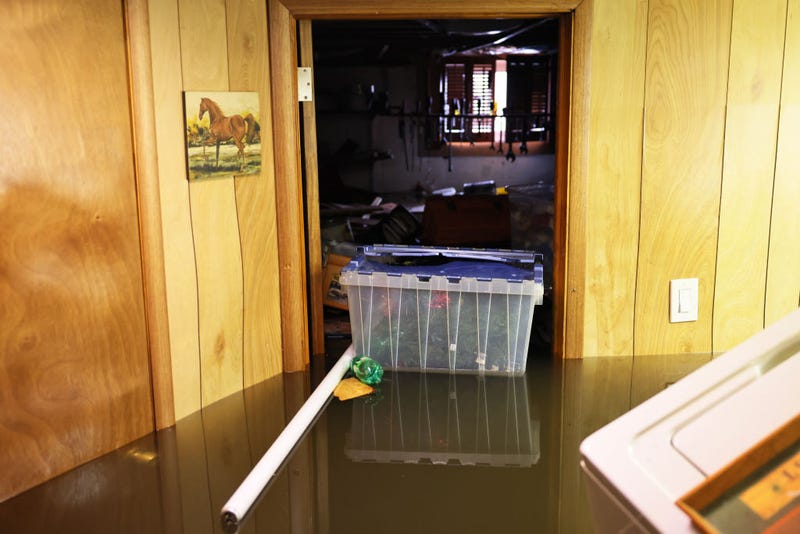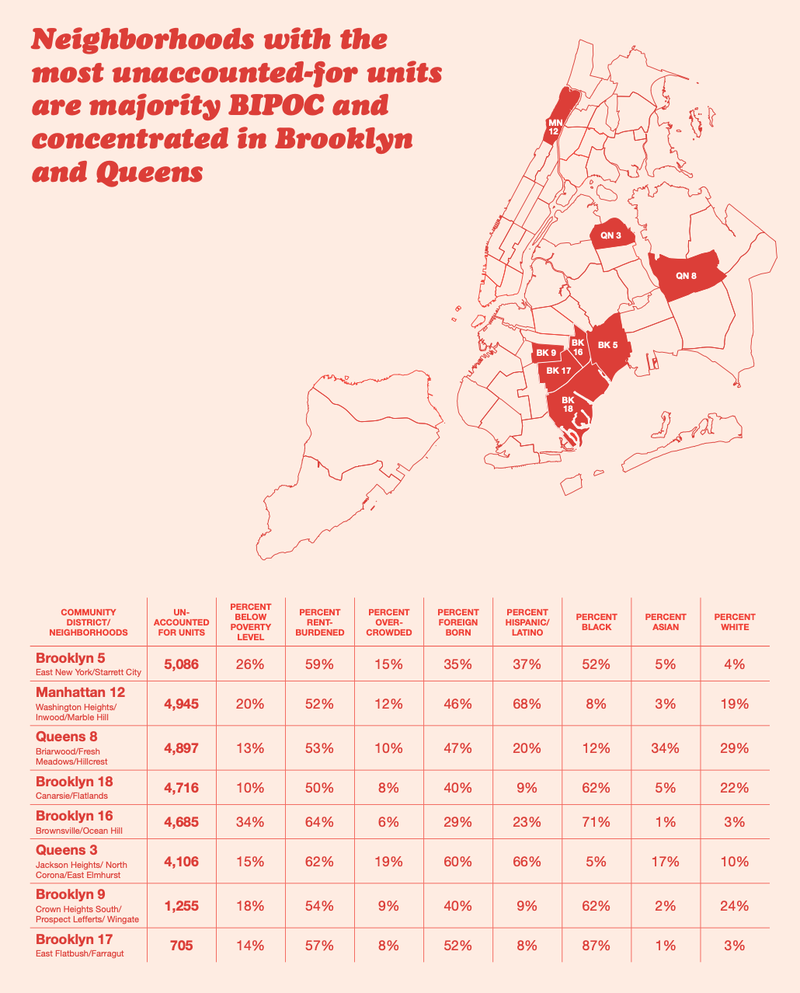
NEW YORK (WCBS 880) — A day after Mayor Bill de Blasio said the city will not have an official count of basement apartments until next year, a new report by the Pratt Center for Community Development found 30,000 basement units that were unaccounted for.

In the aftermath of Hurricane Ida's devastating flooding that killed 13 people trapped in basement apartments — with at least 10 in illegal units — de Blasio said in September that the city had no plan to fix the issue.
The mayor said Tuesday that the "big undertaking" to create a roster of each basement is underway, but with months needed to finish the issue would be punted to the city's next mayor.
"We literally, our perfect world here, is to catalog each and every basement apartment," he said. "And so, we think that's a product that's going to take six to eight months, but it will get us done ahead of the next hurricane season. So, the resources have been put in place the order's been given and thankfully the next administration will have that tool ready."
The Pratt Center compiled the list by reviewing census data and the Department of Buildings records and compared reports of where people said they lived with certificates of occupancy and residential building permits.

However, with new construction permits are outpacing actual occupancy the list may not be fully accurate with "many vacant units across the city, and unaccounted-for units may be lost within this count."
Their research found that all of the communities included in the illegal basement housing are of the communities that are a majority Black, indigenous, or people of color — with "a higher percentage of rent burden compared to the citywide average of 42%."
While a majority of the 13 deaths from Ida occurred in Queens, the most unaccounted units are in East New York, Brooklyn with 5,086 — which also has one of the highest rates of overcrowding.
The Center pushed the city to take "immediate measures" to address the issue.
"This means decriminalizing basement apartments, updating the building and zoning codes to ease compliance for homeowners while mitigating the threat of flooding, and implementing and providing appropriate funding for programs to upgrade, legalize and regulate basement units," the report said.

